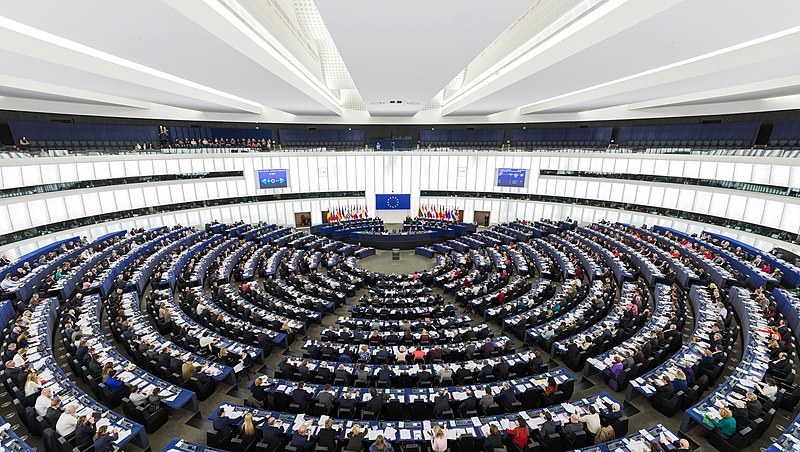Air quality in Europe stands at the crossroads. Following the Commission proposal for a revised EU air quality framework last October, the discussions now move to what is expected to be the most heated stage of the process: the negotiations between the European Parliament and the Council. A lot is at stake, as the ambition of the co-legislators will largely determine the quality of the air we breathe for many years -and generations- to come.
For an air quality framework that protects everyone’s health
Last March, EFA responded to the latest consultation on the topic, which looked at the Commission proposal as whole. In our response, we highlighted the main points of concern for the respiratory patients’ community, linked to the existing gaps of the proposal. More importantly, we provided policy recommendations for a health-protective air quality framework for all, including the most vulnerable ones, in view of the crucial institutional discussions ahead.
EFA emphasized on the following aspects:
- underline the health risks of air pollution: EFA demands that the new text reflects the full spectrum of the impact of air pollution on health, including reference to the serious and debilitating diseases such as childhood and adult-onset asthma, chronic obstructive pulmonary disease, pneumonia, cardiovascular diseases, lung cancer and dementia. Similarly, more focus should be put on vulnerable groups such as those with pre-existing conditions, pregnant women, (newborn) children and the elderly;
- full alignment with WHO guidelines by 2030: EFA calls the EU policymakers to translate science into law ensuring the full alignment of EU air quality standards with the latest WHO Air Quality Guidelines (2021) by 2030 at the latest, taking into account the extreme burden of air pollution on health. Any future review must be in line with latest scientific evidence on the impact of air pollution on health;
- improve public access to air quality information: access to air quality information is both a right and a prevention measure. EFA proposes all pollutants to have an information threshold (currently covering only ozone), to enable awareness and anticipation. Moreover, while EFA welcomes the establishment of national Air Quality Indices (AQIs), we strongly call for further specification, including a harmonized EU-wide framework and health-related messaging;
- facilitate access to justice: to ensure it will work in practice, the newly added provisions of access to justice must be underpinned with a straightforward, adequate and effective legal procedures and redress mechanism, unhindered for both individuals and organisations;
- enable access to compensation for health damage: the provisions for compensation due to health damage from air pollution must be coupled with an enabling framework for legal action by citizens. This includes a closer look into how the burden of proof is shared: instead of the affected individual being entirely responsible for proving a health damage, public authorities must also have a greater role in proving that it is not the case. After all, state bodies are the ones responsible for generating and enabling access to air quality information, which would be a key proof factor in case of a legal procedure;
- better monitor pollutants of emerging concern: Pollutants of emerging concern proven to be harmful to respiratory health, such as ultrafine particles and black carbon, need to be looked at on a stronger basis. A stricter monitoring framework is necessary, equal to the one for the main pollutants. Moreover, given its huge impact on people with respiratory allergies, EFA urges to formalise the monitoring of pollen through an established monitoring network, building on several actions and projects from civil society organisations.
Based on the above points, EFA is working closely with Members of the European Parliament on amendments to the Commission proposal to ensure a strong support for forward-looking policy change in the EP.
EFA is grateful to our members from the Prevention, Asthma & Allergy, and COPD Working Groups for their valuable support in drafting this response.
You can access the full EFA response to the consultation here.
